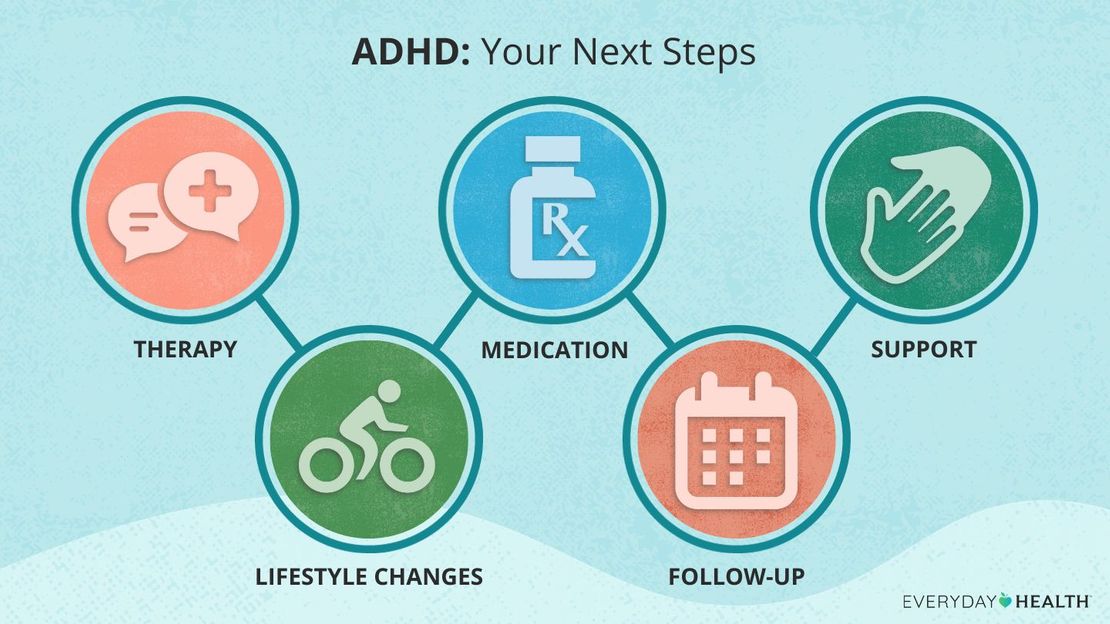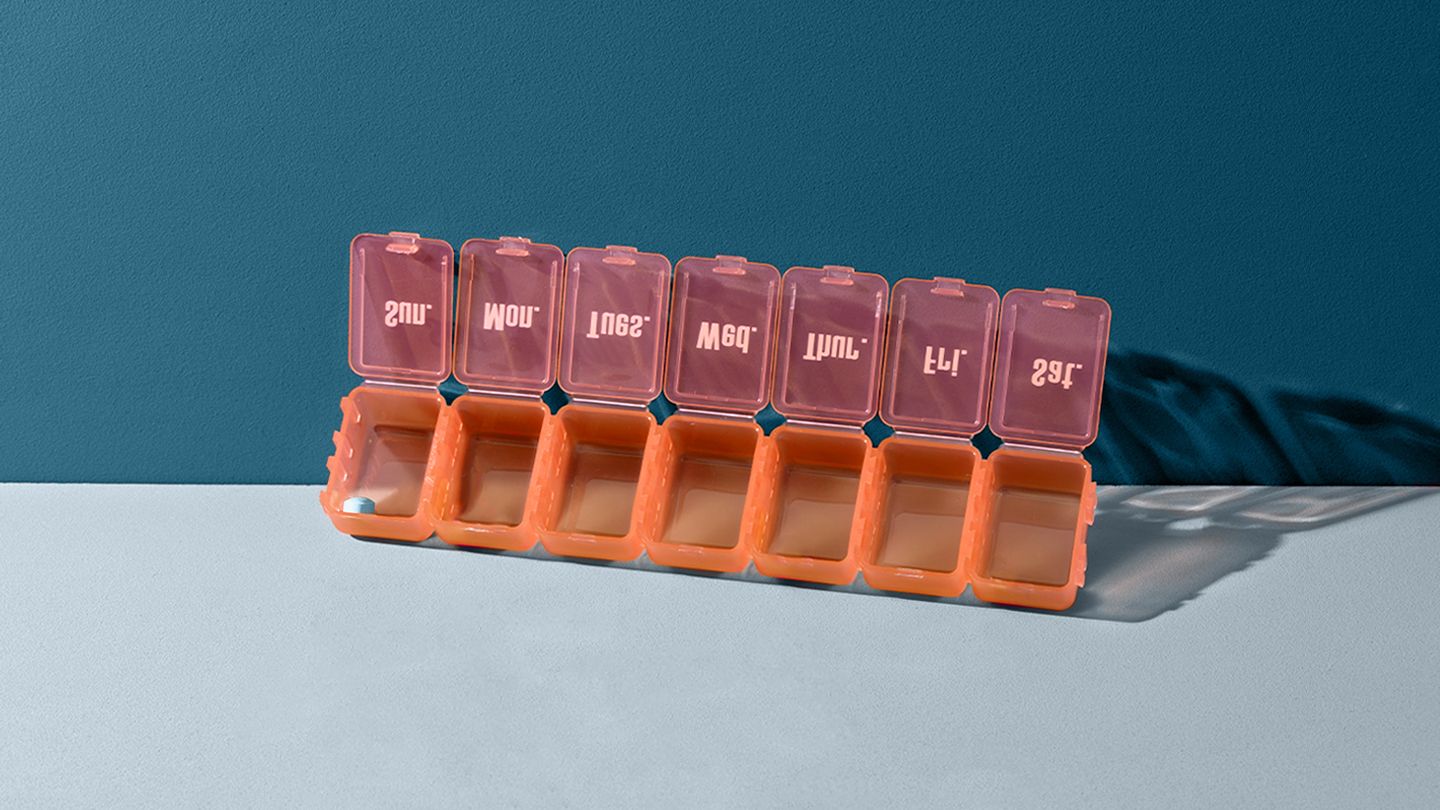The Ongoing Methylphenidate Shortage: Causes, Effects, and Coping Strategies
Methylphenidate is a central nervous system stimulant commonly used to treat attention deficit hyperactivity disorder (ADHD) and narcolepsy. Brand names for methylphenidate products include Ritalin, Concerta, Metadate, and Methylin.
In recent years, there have been periodic shortages of methylphenidate products. This trend has continued into 2023, with the ongoing methylphenidate shortage affecting many patients who rely on these medications.
What's Causing the Methylphenidate Shortage?
There are a few key factors contributing to the current shortage:
- Manufacturing and supply chain issues - Drug shortages often stem from disruptions or delays in manufacturing. With methylphenidate products, there have been some production delays and supply chain problems impacting availability.
- Increased demand - ADHD diagnosis and treatment rates have been rising, driving up demand for medications like methylphenidate. However, production capacity hasn't kept pace with demand.
- Distribution challenges - There are a limited number of manufacturers producing methylphenidate products. When one manufacturer faces issues, it constrains overall supply and makes shortages more likely.
- Lack of generics - For some methylphenidate formulations, there are no generic equivalents available. This lack of generics concentrates supply among a few brand name options.
The Impact of the Methylphenidate Shortage
This ongoing shortage is having significant effects on many ADHD patients and healthcare providers:
- Difficulty filling prescriptions - Many pharmacies are unable to consistently stock and dispense methylphenidate products due to supply limitations.
- Disruption of ADHD treatment - Patients are forced to switch medications, change doses, or go without treatment due to the shortage. This can severely impact ADHD symptom management.
- Rationing of supplies - Doctors may need to prioritize prescribing limited supplies of methylphenidate to patients based on greatest need.
- Increased costs - When supplies are constrained, prices often go up. Patients may need to pay more out-of-pocket when they are able to get their medication.
- Administrative burden - Pharmacists, doctors, and insurance companies must spend more time tracking down stock, modifying orders, and managing rationed supplies.
Coping Strategies for Patients
If you are an ADHD patient impacted by the methylphenidate shortage, here are some tips for coping:
- Stay in close contact with your doctor - Your doctor may be able to help by providing samples, prescribing an alternate medication, or modifying your dose if supplies of your regular medication are limited.
- Call pharmacies in advance - Check which pharmacies have stock of your medication so you don't waste trips to stores that can't fill your prescription.
- Consider using mail order pharmacies - Large mail order pharmacies may have more success securing methylphenidate supplies.
- Enroll in automatic refill programs - Sign up for pharmacy auto-refill programs so you don't run out of medications that are on hand.
- Don't stockpile or overbuy - Avoid the urge to stock up on more medication than you need. This can worsen shortages.
- Have a backup plan - Discuss backup treatment plans with your doctor in case you need to switch medications due to lack of availability.
- Look into patient assistance programs - There are some programs that provide financial assistance for patients struggling to afford their medication.
Possible Solutions for Resolving the Shortage
In order to address the ongoing methylphenidate shortage, the following measures could help improve supply:
- Increase production - Manufacturers should ramp up methylphenidate production capabilities to meet patient demand.
- Improve distribution practices - Better distribution plans are needed to get existing drug supplies to the pharmacies and regions most in need.
- Develop more generic options - Approving more generic forms of methylphenidate could add manufacturing capacity and redundancy.
- Enhance supply monitoring - Pharmacies and wholesalers need improved systems to track inventory and methylphenidate distribution data.
- Smooth prescription renewal process - Doctors should be able to easily renew expiring prescriptions so patients don't experience gaps in medication access.
- Clear FDA approval backlogs - Getting new manufacturers and generic versions approved faster would spur competition and supply.
Managing Your ADHD Symptoms During Medication Shortages
Coping with ADHD without your usual medications can be very difficult. While the methylphenidate shortage continues, here are some strategies to help manage your ADHD symptoms:
Non-Pharmacological Treatments
Consider adding non-drug therapies to help control your ADHD, including:
- Cognitive behavioral therapy (CBT) - Build skills for organization, focus, managing impulsivity.
- Behavioral coaching - Work 1-on-1 with a coach to establish routines, track behaviors.
- Neurofeedback training - Teach your brain patterns to enhance focus and impulse control.
- Education training - Learn coping skills and advocates for school accommodations.
Lifestyle Adjustments
Making certain lifestyle changes could also help compensate for medication gaps:
- Get regular exercise - Physical activity can help ease ADHD symptoms.
- Meditate - Meditation and mindfulness practices can improve attention and cognitive control.
- Improve sleep habits - Sticking to a solid sleep routine enhances focus and concentration.
- Minimize distractions - Remove chaos and clutter in your surroundings to decrease distractibility.
- Use calendars and reminders - Utilize planners, notes, and alerts to stay organized without medication.
Temporary Medication Alternatives
In consultation with your doctor, consider if any of these medication options could effectively manage your ADHD in the short-term:
- Amphetamines - Dextroamphetamine or lisdexamphetamine products.
- Clonidine - Primarily treats high blood pressure but also used for ADHD.
- Buproprion - An antidepressant that may help alleviate ADHD symptoms.
- Guanfacine - A nonstimulant also used to treat high blood pressure and ADHD.
Be sure to work closely with your healthcare provider to find the best coping strategies for you during this challenging shortage period. Monitor your ADHD symptoms and adjust your treatment plan as needed. While coping without your medication can be very difficult, using a multifaceted approach can help manage ADHD symptoms until methylphenidate supplies improve.
FAQs
What medications are affected by the methylphenidate shortage?
The methylphenidate shortage is primarily affecting brand name formulations like Ritalin, Concerta, Metadate, and Methylin. Generic methylphenidate versions are also in short supply.
How long will the methylphenidate shortage last?
It's not clear how long this shortage will persist. Drug shortages typically last months but can sometimes continue for years if the underlying causes are not addressed. Manufacturing disruptions and increased demand make a quick resolution unlikely.
Are other ADHD medications also affected?
Currently, the methylphenidate shortage seems to be more severe compared to amphetamine salt products like Adderall. However, amphetamine shortages do happen periodically as well.
Why can't I just get a higher dose of my medication?
Because of limited supplies, pharmacies may need to ration tablets at lower doses. Your doctor also cannot safely prescribe higher doses without careful medical consideration.
Can I stockpile my medication?
No, stockpiling medication can worsen shortages for other patients. Only obtain enough medication to cover your appropriate prescription length.
Disclaimer: This article is for informational purposes only and does not constitute medical advice. Always consult with a healthcare professional before starting any new treatment regimen.
Related Coverage
If struggling with possible ADHD symptoms, speak honestly with your doctor about medical and non-medical strategies to manage in a healthy, legal way....
If struggling with ADHD symptoms, being evaluated by a doctor is key. Here is guidance on symptoms to track, questions for doctors, and steps in the diagnosis process....
Uncover the potential connection between ADHD and hearing loss in adults. Learn about the challenges, risk factors, and multidisciplinary approaches to address this overlooked association....
ADHD can make showering difficult. But using reminders, hygiene checklists, and creating a sensory-friendly bathroom space can help build showering habits....
Adderall requires a prescription and is illegal for recreational use, but when taken as directed for ADHD it is FDA-approved and legal under federal regulations....
Provigil (modafinil) is currently in shortage due to production issues and high off-label demand. Discuss options like lifestyle changes or alternative prescriptions....
Certain hobbies like sports, arts, building, and crafts are ideal for allowing those with ADHD to channel excess energy and distraction into rewarding, focused activities....
Find highly rated psychiatrists in Tucson, AZ experienced in diagnosing and treating ADHD in both children and adults. Get tips on questions to ask and maximizing appointments....
What to expect when getting tested for ADHD near you - medical history, exams, specialist referral. Learn about diagnosis criteria, tests, medication and therapy....
Explore the potential benefits of a gluten-free diet for children with ADHD. Learn about the connection between gluten and ADHD symptoms, and get practical tips for implementing a balanced, gluten-free lifestyle....







